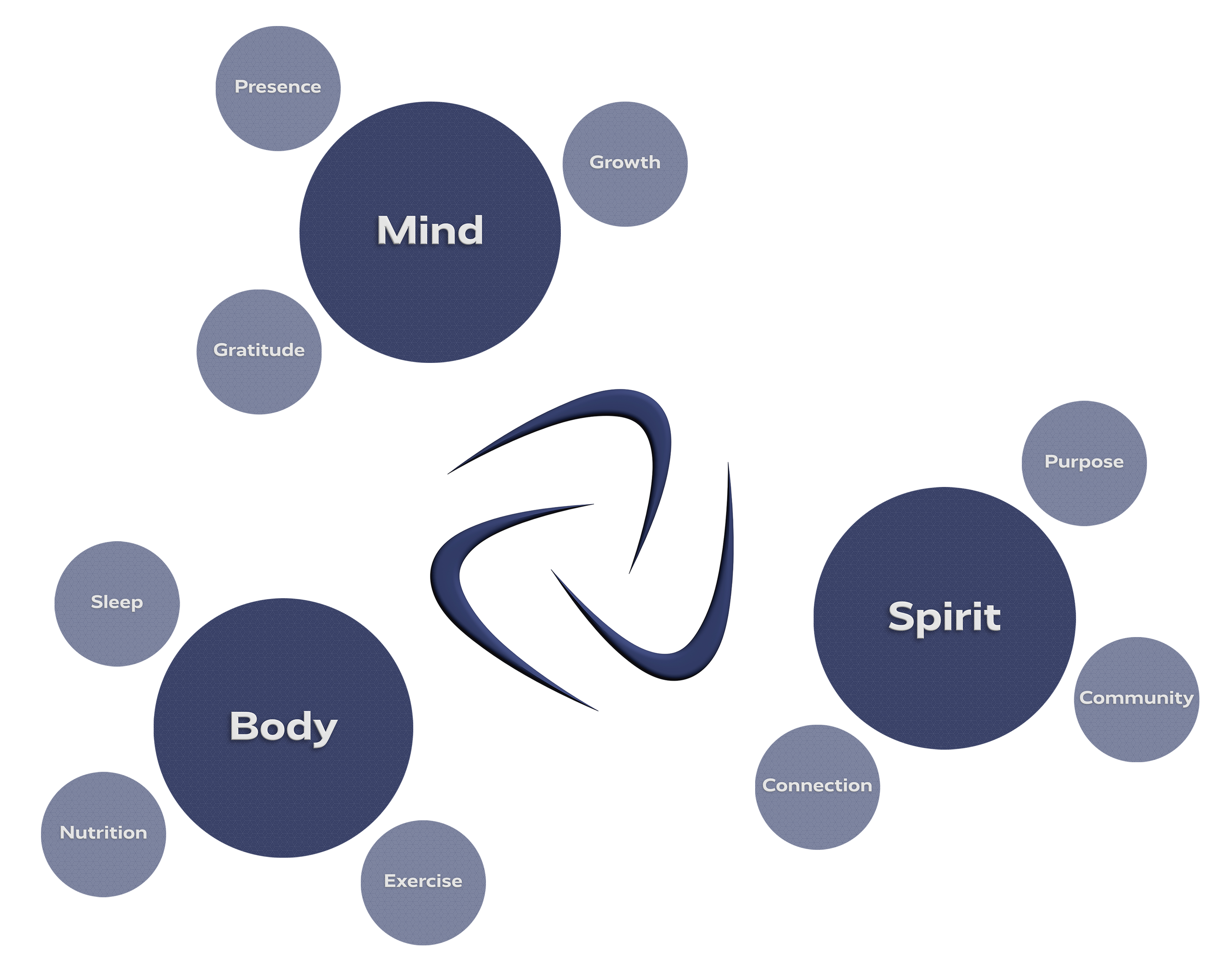Understanding evidence-based therapy in the field of mental health
Evidence-based therapy plays a crucial role in the field of mental health by ensuring that psychotherapy and other interventions are based on the best available research evidence. According to the American Psychological Association (APA), evidence-based practice in psychology involves integrating research findings with clinical expertise and the preferences of the client to provide the most effective treatment. By using evidence-based interventions, mental health providers can tailor treatments to the specific needs of individuals with mental health conditions such as anxiety, depression, and PTSD. In addition to individual therapy, family therapy and child and adolescent interventions can also be informed by these treatment approaches.
One of the advantages of evidence-based psychotherapy is that it allows practitioners to identify empirically supported treatments that have been shown to produce positive treatment outcomes. By basing psychological treatment on research evidence, clinicians can work towards achieving the treatment goals of their clients in a more efficient and effective manner.

However, there are also challenges associated with evidence-based treatment, such as staying updated on the best available research and adapting interventions to fit the unique needs of each client. Despite these challenges, the American Psychological Association and the Task Force on Evidence-Based Practice continue to emphasize the importance of utilizing evidence-based psychotherapy to provide the most effective care for individuals with mental health disorders.
Approaches such as mindfulness-based cognitive therapy have emerged as promising evidence-based interventions for various mental health conditions, highlighting the ongoing progress in the field towards providing more effective treatment options for individuals in need.
What is evidence-based therapy?
Evidence-based therapy refers to the practice of using scientific evidence and research to guide the decision-making processes in therapy. This approach involves integrating the best available research with clinical expertise and patient preferences to inform treatment plans and interventions. The goal is to provide clients with the most effective and efficient treatment methods based on empirical research.
Unlike traditional approaches that may rely on personal beliefs or anecdotal evidence, evidence-based therapy prioritizes empirical evidence from randomized controlled trials, systematic reviews, and meta-analyses. This ensures that interventions are based on scientifically validated techniques rather than subjective opinions or ideologies.
Some key principles of evidence-based therapy include using interventions that have been proven effective through research, continually assessing and evaluating the outcomes of therapy, incorporating the client’s preferences and values into treatment decisions, and adapting interventions based on new evidence and advancements in the field.
Benefits of evidence-based therapy
- Higher success rates: Evidence-based practices have been scientifically proven to be effective in treating various mental health conditions. This means that clients are more likely to experience positive outcomes and improvements in their wellbeing.
- Tailored treatment plans: Evidence-based therapies are based on research and data, allowing therapists to create personalized treatment plans that are tailored to the specific needs and goals of each client. This individualized approach can lead to better outcomes and faster progress.
- Increased accountability: Therapists who use evidence-based therapies are held accountable for the effectiveness of their treatments. This can lead to better quality of care and more thorough assessment and monitoring of progress.
- Cost-effective: Evidence-based therapies have been proven to be cost-effective in the long run, as they often require fewer sessions and result in better outcomes. This can save clients money on therapy expenses and reduce the burden on healthcare systems.
- Continual improvement: Evidence-based therapies are constantly evolving as new research and data become available. Therapists who use these approaches are encouraged to stay up-to-date with the latest findings and incorporate the most effective techniques into their practice, leading to continual improvement in their ability to help clients.
- Enhanced credibility: Clients may feel more confident in the abilities of their therapist when they know that they are using evidence-based therapies. This can help to build trust and rapport in the therapeutic relationship, leading to better outcomes.
By utilizing treatments that have been proven through research to be effective, individuals can have more confidence that they are receiving the best possible care. In the same vein, research has shown that evidence-based therapy can lead to a reduction in relapse rates. By using treatments that have a strong evidence base, individuals are more likely to maintain the progress they have made in therapy and prevent a return of their symptoms. Overall, the benefits are numerous and can greatly improve the quality of care individuals receive for mental health issues.
Common types of evidence-based approaches
There are several common types of evidence-based therapy used in mental health treatment. Cognitive behavioral therapy (CBT) is one of the most widely used approaches and focuses on changing negative thought patterns and behaviors to improve mental health. Another popular therapy is Acceptance and commitment therapy (ACT), which emphasizes mindfulness and acceptance of difficult thoughts and feelings. Dialectical behavior therapy (DBT) is commonly used to treat borderline personality disorder and focuses on regulating emotions and improving interpersonal relationships. Eye movement desensitization and reprocessing (EMDR) is a specialized therapy used to treat trauma and involves recalling distressing memories while engaging in bilateral eye movements to help process and reframe the traumatic experience.
At Triony, we specialize in a range of these therapies, including Cognitive Behavioral Therapy (CBT), Dialectical Behavior Therapy (DBT), Acceptance and Commitment Therapy (ACT), and Eye Movement Desensitization and Reprocessing (EMDR). Each of these practices has been tailored to address specific mental health challenges and shown to be effective in improving mental health outcomes for individuals seeking treatment.
Challenges in implementing evidence-based practices
Challenges in implementing evidence-based therapy can arise due to various factors such as limited access to these practices in certain regions. In some areas, resources and trained professionals may be scarce, making it difficult to provide the most effective treatments to those in need. Additionally, insurance coverage limitations can pose a significant barrier to receiving these types of treatment, as many insurance providers may not cover certain types of treatments or may restrict the number of sessions allowed. Another challenge is the resistance to change in traditional therapy practices. Some therapists may be hesitant to adopt new techniques or approaches, preferring to stick to familiar methods even if they are not supported by research. Overcoming these challenges requires a concerted effort from policymakers, insurance providers, and clinicians to ensure that evidence-based therapy is accessible to all who can benefit from it.
Triony Behavioral Health is trying to combat and overcome these challenges by increasing awareness and accessibility through community outreach, educational initiatives, and by offering a supportive environment where men feel comfortable seeking the help they need. Our approach includes demystifying mental health care, providing clear information about the effectiveness of evidence-based therapies, and ensuring that our services are both approachable and attainable for those in need.
Conclusion
As we wrap up our discussion, it is important to recap the numerous benefits that come with this approach. From increased effectiveness to higher success rates, evidence-based therapeutic approaches offer individuals a proven method for addressing their mental health needs. For those seeking therapy, it is vital to consider evidence-based practices in order to ensure the best possible outcome for their treatment. By utilizing research-backed techniques and interventions, individuals can feel confident in the care they are receiving. Moving forward, it is crucial to continue supporting research and collaboration in the field of mental health in order to advance evidence-based therapy practices. Through ongoing efforts in research and collaboration, we can further improve the quality and effectiveness of therapy options available to those in need.
Our approach at Triony goes beyond the conventional. We believe in the synergy of various therapies and resources, weaving evidence-based practices into each client’s individualized treatment plan. This integration allows us to not only address specific mental health issues but also to foster overall well-being, resilience, and joy.
The journey through evidence-based therapy is one of discovery, healing, and empowerment. At Triony Behavioral Health, we’re committed to guiding each client through this journey, uncovering the treatment selection that spark the most significant transformation.
Schedule consultation
Building a Foundation of Trust and Support
"In the midst of chaos, there is also opportunity." At the core of our services lies a deep commitment to creating a safe, supportive environment. We believe that a strong support system is crucial for healing and growth. Our team of compassionate professionals is dedicated to walking alongside you, offering guidance and understanding at every step of your journey.





